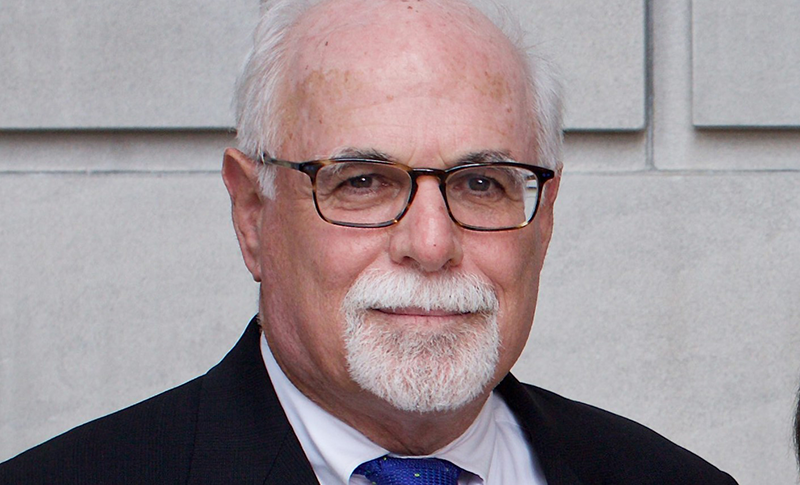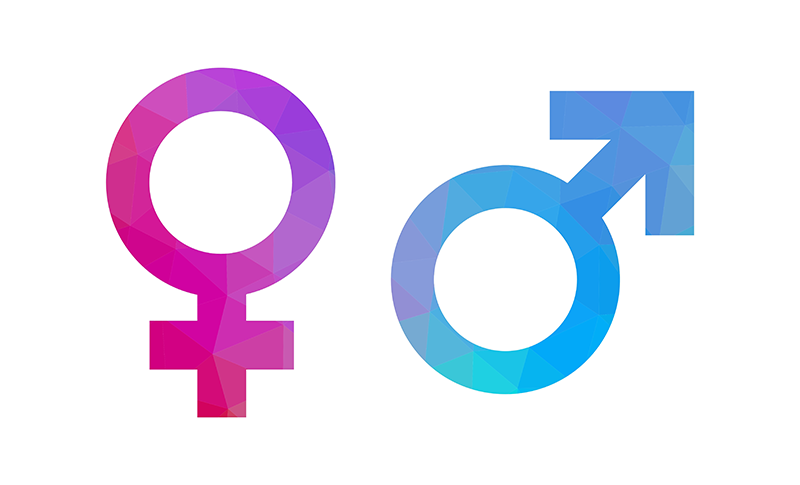Many deep-rooted issues have led to the health disparities that still exist today in the United States between the white and minority populations. The treatment of cancer is expensive, and early diagnosis is key for a good prognosis, both of which rely heavily on health insurance. A good prognosis is not always the case for minority patients in our country, who are disproportionately affected by social, economic, and/or environmental disadvantages.
The Historical Mistrust of Medicine
Our history of racism and inequality dates back more than 400 years, and because of this history, minorities in the United States often mistrust their medical providers. During slavery, slaves were treated poorly by the general population and some were forced to undergo unnecessary procedures and inappropriate medical experiments.1
This violation of their rights created a mistrust among black Americans, and this led to a long-term misunderstanding by healthcare providers of any health differences between races. A 2016 study of medical students found that the students who endorsed the beliefs that black people were less prone to pain, have smaller brains, and have thicker skins were likely to provide inequitable pain management to their black and white patients.2
The mistakes of our past have trickled down into the healthcare system and are still seen today. For example, although minority women are often diagnosed at a younger age than nonminority women, minority women are usually diagnosed at a later stage of the disease, at which point treatments are limited and costly and their prognosis is poor, especially for those diagnosed with cancer.3
Clinical Trials
The advancement of cancer therapies is heavily dependent on clinical trials. However, minority patients are largely not represented in clinical trials because of their reluctance to participate in these trials. Therefore, less research is available regarding the effectiveness of cancer treatments in minority Americans, which can also be related to the historical mistrust and fear of medical abuse.
Access to the newest and some of the best medical care comes from participation in clinical trials. By choosing not to participate, minority patients are not getting access to this care and are not contributing to research that could help them in the future. To overcome these barriers and rebuild trust, building partnerships with patient advocates of color are critical.4
Health Insurance
Different races have unique risks for specific types of cancer, and the quality of cancer care should be the same for all patients, regardless of who they are or where they live. The costs of cancer care are high, and having health insurance means better outcomes for patients with cancer.5
As of 2018, Hispanic people are 2.5 times more likely to be uninsured than white people.6 In states where Medicaid was expanded, this difference in timely care was almost completely erased between black and white people.5 Timely treatment is especially important in cancer, in which delaying care can mean the difference between life and death.
How Can We Fight Health Disparities?
- Through education
By educating patients and healthcare providers about historical racism, we can help to combat the issue and create trust again. - By ensuring that all Americans have health insurance
The Affordable Care Act (ACA) and other government programs, such as Medicaid or Medicare, are essential to improving healthcare delivery, by ensuring that all Americans are insured and can afford their treatments. - By being a patient advocate
Whether you are advocating for yourself as a patient or for patients as a nurse, patient navigator, or another healthcare provider, it is important to support patients and address any racial barriers they are facing.
References
- Pratt-Chapman M, Haywood Y. Race and America: how medicine earned the mistrust of Americans. AONN+ blog. October 30, 2020. https://aonnonline.org/expert-commentary/aonn-blog/3173-race-and-america-how-medicine-earned-the-mistrust-of-americans.
- Hoffman KM, Trawalter S, Axt JR, Oliver MN. Racial bias in pain assessment and treatment recommendations, and false beliefs about biological differences between blacks and whites. Proceedings of the National Academy of Sciences of the United States of America. 2016;113:4296-4301.
- Tigerlily Foundation. National patient advocacy organizations band together for #InclusionPledge to ensure equity for Black women. June 11, 2020. www.tigerlilyfoundation.org/wp-content/uploads/2020/06/Tigerlily-Foundation_Inclusion-Pledge-Position-Paper_06112020-1.pdf.
- Addressing the disparity crisis in breast cancer: history and context matter. December 16, 2020. https://conquer-magazine.com/conference-correspondent/1426-addressing-the-disparity-crisis-in-breast-cancer-history-and-context-matter.
- Taylor D. Disparities in cancer care: new evidence confirms access to health insurance improves survival. https://conquer-magazine.com/issues/2019/vol-5-no-4-august-2019/1028-disparities-in-cancer-care-new-evidence-confirms-access-to-health-insurance-improves-survival.
- Artiga S, Orgera K, Pham O. Disparities in health and health care: five key questions and answers. www.kff.org/racial-equity-and-health-policy/issue-brief/disparities-in-health-and-health-care-five-key-questions-and-answers/.














